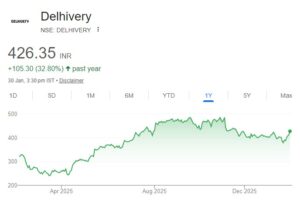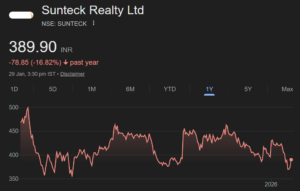
The bottom line of the lecture was simply this: Clone what the great investors are doing. Buy the stocks that they are buying and sell when they sell.
Mohnish Pabrai gave some earthy examples to prove his point. He gave the example of two petrol pumps who were opposite each other. One of them gave his customers little freebie services at random and thereby developed their loyalty towards him. The other owner saw this but thought it wasn’t useful because he thought the customers wouldn’t care. Over the years, the second owner saw that the first was growing his business rapidly and customers flocked to him. He knew the reason for this increased loyalty towards the first petrol pump was because of the little freebies that were offered at random. However, he still did not copy those techniques.
Pabrai cited the example of Sam Walton of Walmart who built a billion dollar business by copying what other retailers like Sears did and increasing the scale. Sam Walton was in fact obsessed with what his competitors were doing and wasted no time in implementing their concepts and ideas if it appealed to them.
Mohnish Pabrai also cited his own success as an example of how one could just copy great investors like Warren Buffett and make a great fortune out of investing. He said that when he started out in the investing world, he was surprised to see that though Warren Buffett had such a great investment model, nobody had bothered to clone that. Mohnish Pabrai calls himself a “shameless copycat” of Warren Buffett’s investment ideas.
Guy Spier rationalized that the reason most people felt that copying someone’s investment idea is not a good idea is because they feel that the “juice has already been drained from the fruit“. They feel (wrongly) that the potential in the stock has been sucked away by the purchase by the great investor and that buying it at the increased stock price is not a good idea.
Also, psychologically, people are wary of being copy cats because in their sub-consciousness they feel it may not be the correct thing to do. That is why they keep straining to find that “undiscovered stock” or the “hidden gem” instead of just buying what the great investor has bought.
Mohnish Pabrai explained that a study by Gerald Martin and John Puthenpurackal (“Imitation is the Sincerest Form of Flattery”) had proved that if investors had just bought the stocks that Warren Buffett had bought, months after the official announcement, and at significantly higher prices than what Warren Buffett paid for them, they would have made a lot of money.
This is also our experience with Rakesh Jhunjhunwala. If you had bought all the shares that form a part of Rakesh Jhunjhunwala’s portfolio, the winners would have outnumbered the losers and you would have made a fortune.





